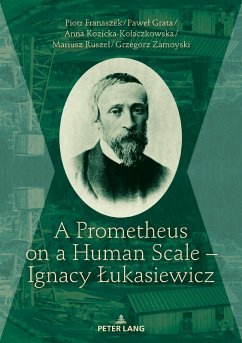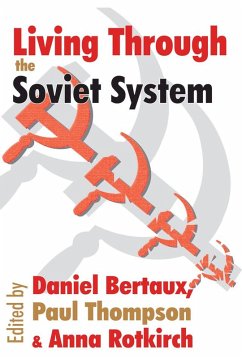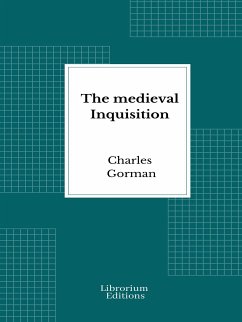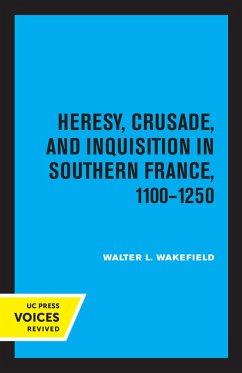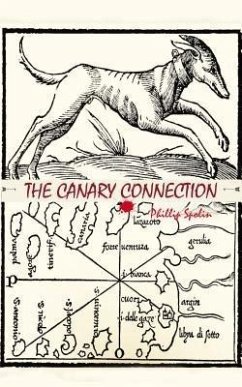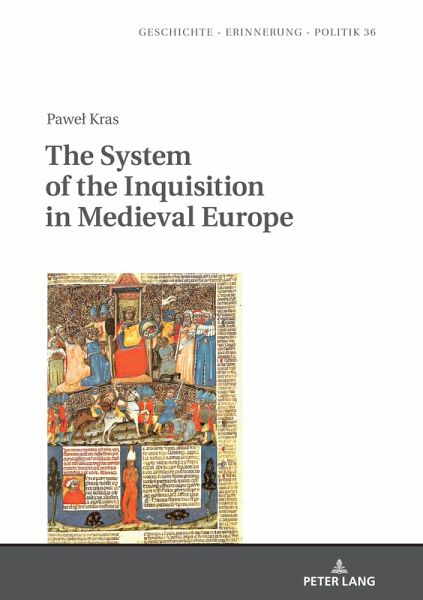
System of the Inquisition in Medieval Europe (eBook, ePUB)
Versandkostenfrei!
Sofort per Download lieferbar
Statt: 71,30 €**
42,95 €
inkl. MwSt.
**Preis der gedruckten Ausgabe (Gebundenes Buch)
Alle Infos zum eBook verschenkenWeitere Ausgaben:

PAYBACK Punkte
21 °P sammeln!
This book reexamines the origins and growth of the medieval inquisition which provided a framework for the large-scale operations against religious dissidents. In the last quarter of the twelfth century, the papacy launched concerted efforts to hunt out heretics, mostly Cathars and Waldensians, and directed operations against them all across Latin Christendom. The bull of Pope Lucius III Ad abolendam of 1184 became a turning point in the formation of the inquisitorial system which made both the clergy and the laity responsible for suppressing any religious dissent. From a comparative perspecti...
This book reexamines the origins and growth of the medieval inquisition which provided a framework for the large-scale operations against religious dissidents. In the last quarter of the twelfth century, the papacy launched concerted efforts to hunt out heretics, mostly Cathars and Waldensians, and directed operations against them all across Latin Christendom. The bull of Pope Lucius III Ad abolendam of 1184 became a turning point in the formation of the inquisitorial system which made both the clergy and the laity responsible for suppressing any religious dissent. From a comparative perspective, the study analyzes political, social and religious developments which in the High Middle Ages gave birth to the mechanism of repression and religious violence supervised by the papacy and operated by bishops and, starting from the 1230s, papal inquisitors, extraordinary judges delegate staffed mostly by Dominican and Franciscan friars.
Dieser Download kann aus rechtlichen Gründen nur mit Rechnungsadresse in A, B, BG, CY, CZ, D, DK, EW, E, FIN, F, GR, HR, H, IRL, I, LT, L, LR, M, NL, PL, P, R, S, SLO, SK ausgeliefert werden.





